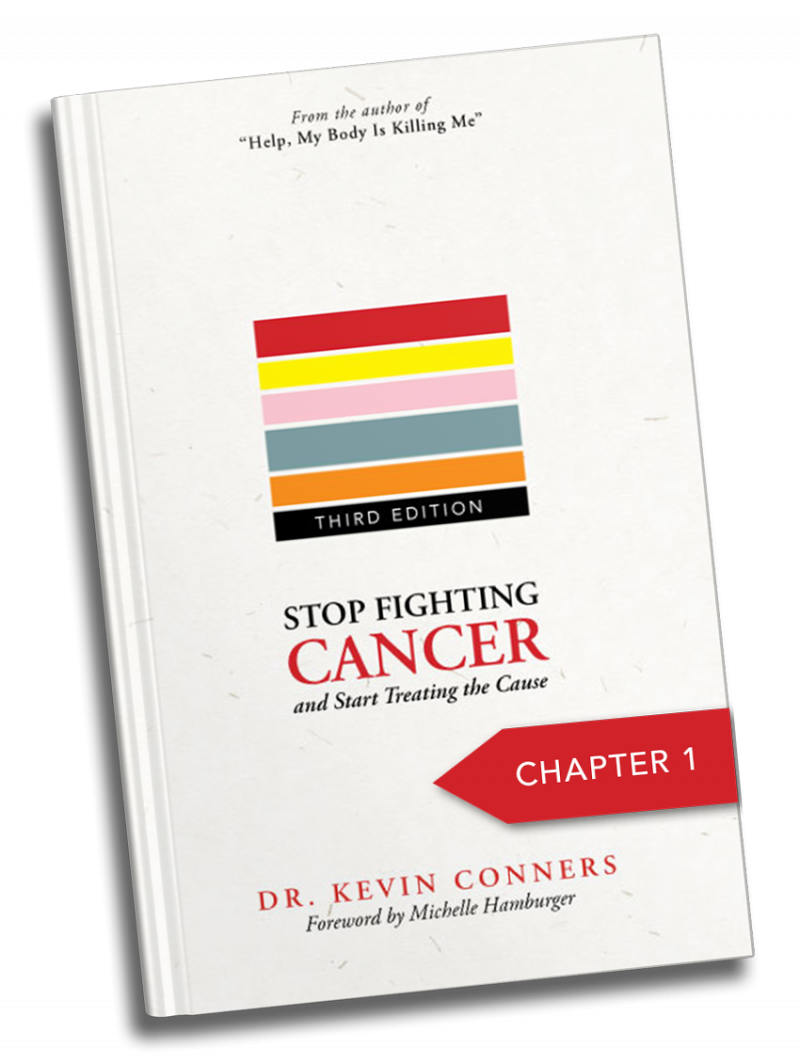Sanctification
There is a distinct doctrinal difference between sanctification and salvation. When I initially was given the power to repent of my sins, through the grace of God alone, I received the promise of salvation, the indwelling of the Holy Spirit. This event happened at a distinct moment in time that changed my life forever. It was not earned by my good works, won by my merits, nor achieved through my knowledge. God Himself opened my eyes to reveal my sinful state through the revelation of the distance that stood between the law-breaker (me) and the law-giver (God). This is what broke me, revealed my spiritual depravity, my utter poverty and expected destiny I deserved. God brought me to that place; in a sense, He dragged me to that place, and seeing Him as He is, as well as myself as I was, I could do nothing less than throw myself at His feet.
 Matthew records Jesus’ first teaching in chapter 5, verse 3: “Blessed are the poor in spirit…” I find it interesting that Matthew, writing his Gospel mainly to the Jews, and, more specifically, to the religious pretenders, places the first teaching of the Messiah to mankind as, “Blessed are the poor in spirit.” Before we discuss the meaning of this particular phrase, let’s set the context.
Matthew records Jesus’ first teaching in chapter 5, verse 3: “Blessed are the poor in spirit…” I find it interesting that Matthew, writing his Gospel mainly to the Jews, and, more specifically, to the religious pretenders, places the first teaching of the Messiah to mankind as, “Blessed are the poor in spirit.” Before we discuss the meaning of this particular phrase, let’s set the context.
It is well understood that Matthew’s Gospel was written to the Jewish hierarchy of the day. The Jews in general, even those believers in the church at this writing, had a sense of betterment about them. They saw themselves as God’s chosen people, the apple of His eye. In doing so, one might imply that those who are not so fortunate to have selected the right parents are outside of God’s selected circle. Do we see a similar attitude in Christian circles today? Do we separate out the ‘saved’ from the ‘unsaved’, the ‘spiritual’ from the ‘heathen’, the ‘right church’ from the ‘wrong’?
This veil of pride defined by a sense of self-righteousness hasn’t changed much in the past 2000 years and was the first thing that John the Baptist attacked in Matthew Chapter 3, calling, “Make straight the paths, prepare the way of the Lord.” John was a herald, an Old Testament prophet (he died before the New Covenant began with the death and resurrection of Christ) preaching the Law to convict his hearers and reveal their need for a savior. That is the purpose of the law, to ‘slay us’ as Paul wrote, to break us, to shine a mirror on us, to be a light in our heart as one would turn on the light switch of a dirty old basement to expose the cobwebs and years of filth. The Law makes us guilty and drives us to the New Covenant. The Law is the schoolmaster that points us to Christ.
 As is now, John’s message of repentance fell on the ears of two groups of individuals. There were those who were sure about themselves and had religion all figured out. These were proud of their knowledge and believed themselves to be on the right track spiritually and in no need of repentance. One could say this group was not slain by the law. Today a life may reveal this heart in many ways, from complete defiance of God to a legalistic fundamentalism. Regardless of its outward appearance, self-righteousness has one core similarity: Christ is NOT the center of one’s life.
As is now, John’s message of repentance fell on the ears of two groups of individuals. There were those who were sure about themselves and had religion all figured out. These were proud of their knowledge and believed themselves to be on the right track spiritually and in no need of repentance. One could say this group was not slain by the law. Today a life may reveal this heart in many ways, from complete defiance of God to a legalistic fundamentalism. Regardless of its outward appearance, self-righteousness has one core similarity: Christ is NOT the center of one’s life.
The second group of people that the message of repentance falls on is those whose eyes have been opened to understand their depravity. They know they are sinners; they know they could never keep the Law in themselves; they long for a savior; they realize that their only hope lies in the hands of a merciful God. Their attitude is one of: “If God doesn’t move, we’re doomed. We are transgressors and no matter how hard we try, we can’t be good. We need a savior.”
This is where we need to be (or I could say, this is where the Law leaves us): crushed under the weight of the Law that is impossible to keep; slain by the sword of God’s perfect demands that every thought transgresses; indelibly stained by the knowledge of good and evil from a pitiful sin of wanting to be ‘like God’ and de-throne Him from His rightful place as king in our life. We are guilty, deserving the punishment of our crime. There are no other pleas but gross, willful disobedience and we stand caught in the trap of our own sin. We are neither victims nor innocent bystanders; the devil did not ‘make us do it’ nor can we blame our parents or our past. We are guilty.
A soul in this state can hear the ‘good news’, for it is truly only ‘good news’ to the one who is fully aware of the ‘bad news’ of the hell that rightfully awaits the condemned. Repent and be baptized? Of course! So it is that Jesus preaches: Blessed are the broken; blessed are those hungry for a savior; blessed are those knowing they need a filling; blessed are those mourning over their disgusting sinful state. Why? For there has come a healer of broken hearts, a well of spiritual water, a comforter, a Savior and a King.
Salvation is a product of grace alone. There is a ‘work’ of repentance but true repentance is a spiritual gift that flows from the heart broken before God characterized by one physically, mentally, and emotionally turning from sinful ways in the present imperative tense. God’s command to live a repentive life implies a repeated, continuous action. Repentance is daily dumping out my vessel to be filled with God’s grace; it is constantly seeking and hungering for Him and pleading for a deeper, more pleasing walk. This, I believe, is at least part of what Peter spoke of when he commanded us to, “work out our salvation with fear and trembling.” Salvation may be an event in time, but sanctification is a process over a lifetime.
Salvation may be an event in time,
but sanctification is a process over a lifetime.
Sanctification is the message of the epistles. It is the purpose of the church: to make and keep a holy people, peculiar from the world, dependent on the Master, purified by an interdependence on one another keeping true to the Word.
 Paul exhorts his young brother in II Timothy 3:10: “But thou hast known my doctrine (all that I believe and have taught you), manner of life (who I am in secret), purpose (‘prothesis’ – my life on display before God), faith (built on an open, broken, dependant relationship with God), longsuffering (fortitude, depth of character), charity (agape love), patience (willful, cheerful obedience), persecutions (willingness to take a tough stand regardless of character assault), afflictions (enduring emotional pain and scars)…but out of all of them the Lord delivered me (rhuomai – rescued, energized).” The walk of sanctification may not be easy for we are promised persecution and trials, but the fruit of such will bring redemption to many.
Paul exhorts his young brother in II Timothy 3:10: “But thou hast known my doctrine (all that I believe and have taught you), manner of life (who I am in secret), purpose (‘prothesis’ – my life on display before God), faith (built on an open, broken, dependant relationship with God), longsuffering (fortitude, depth of character), charity (agape love), patience (willful, cheerful obedience), persecutions (willingness to take a tough stand regardless of character assault), afflictions (enduring emotional pain and scars)…but out of all of them the Lord delivered me (rhuomai – rescued, energized).” The walk of sanctification may not be easy for we are promised persecution and trials, but the fruit of such will bring redemption to many.
To this second group of individuals, few as they may seem, Jesus begins the most famous speech ever recorded: Blessed are the poor in spirit. One cannot over emphasize what He didn’t say! He did not say, “Blessed are the educated,” nor, “blessed are the doctrinally correct.” He didn’t say, “Blessed are those who do good to others, go to church regularly, tithe, become pastors, go to the mission field, or even are martyred for Him.” He briefly and clearly, using the vocabulary of the day, gave mankind the secret to eternal life – complete and utter dependence on God!



 In this Brand New 3rd Edition Dr. Kevin Conners adds almost DOUBLE the content with all new insights and practical tips on how to understand your body’s ability to heal and get back to a state of health.
In this Brand New 3rd Edition Dr. Kevin Conners adds almost DOUBLE the content with all new insights and practical tips on how to understand your body’s ability to heal and get back to a state of health.